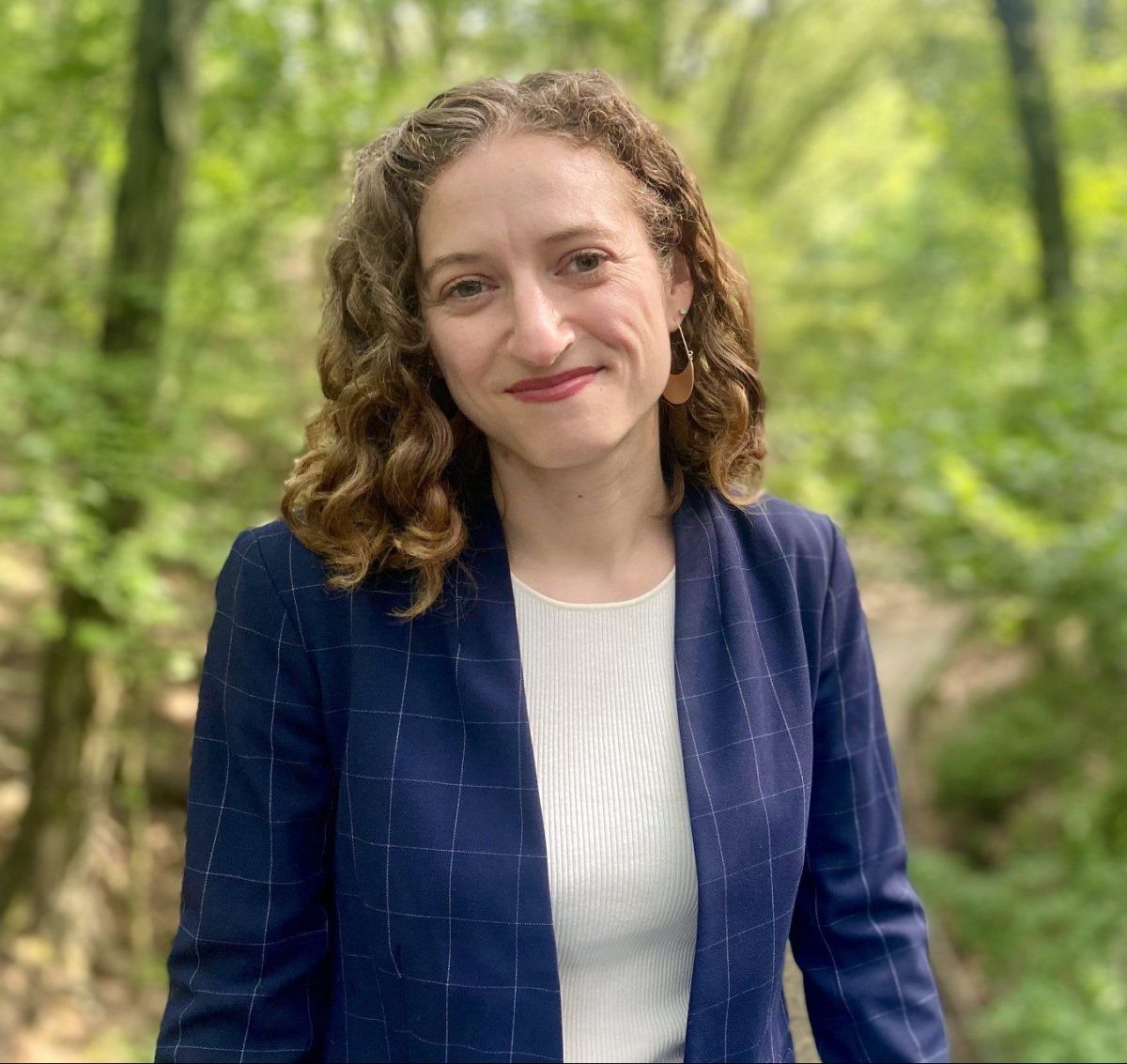Professor Anna Arons will be publishing her article Family Regulation Prosecutors in volume 175 of the University of Pennsylvania Law Review. The abstract is below, and a draft of the article can be found on SSRN.
Hundreds of thousands of parents are prosecuted in the family regulation system each year. Their cases are investigated by family regulation agencies and prosecuted by lawyers employed by the government—family regulation prosecutors. Like police and prosecutors in the criminal legal system, this family regulation prosecutorial team wields immense power over people, particularly people from marginalized groups. Yet even as scholarship on criminal prosecutors and on the family regulation system has proliferated, the role of family regulation prosecutors has gone underexamined and undertheorized.
This Article offers a comprehensive and critical examination of the role of these family regulation prosecutors. Drawing on a variety of primary sources, including interviews with prosecutors across the country, it establishes that there is no consensus approach to family regulation prosecution, nor a shared conception of the balance of power between agencies and prosecutors. The Article contends that the role of prosecutors in family regulation cases is uneven and undertheorized precisely because of the contradictions of the family regulation system itself, as a nominally rehabilitative but functionally carceral system.
Once we recognize the family regulation system as carceral, a new, counterintuitive theory of family regulation prosecutions takes shape: prosecutors should be vested with independent discretion to serve as checks on agency overreach. But this is an interim measure. To protect families fully, we must move beyond choosing between models of prosecution and instead meet the needs of families outside any system of prosecution and punishment.

